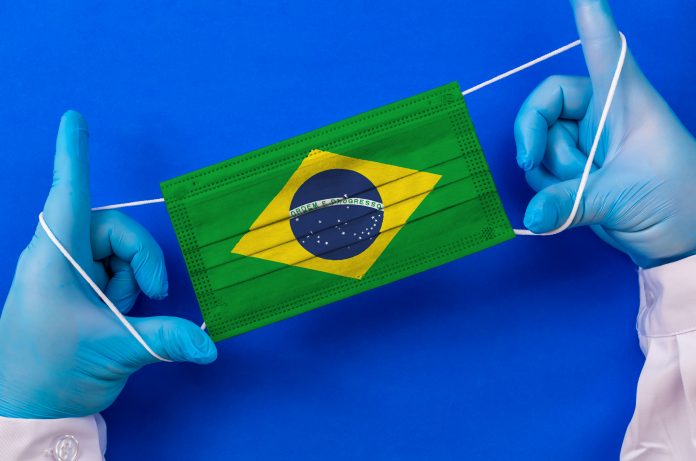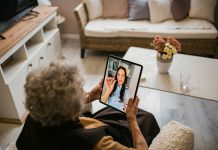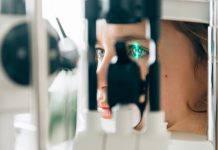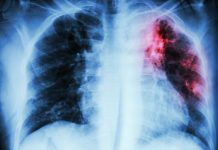The UK has found six confirmed cases of the Brazilian COVID mutation yesterday (28 February) – but an individual who tested positive three weeks ago is still being traced throughout the country
The UK is currently at the lowest rate of daily deaths since November, 2020. The vaccine rollout appears to be working to protect the most vulnerable individuals in society, with some early evidence that the vaccines can also stop transmission of COVID-19.
However, mutations remain a huge concern for scientists. The UK has established a genomic Consortium purely to understand and stay ahead of potential mutations that challenge the power of vaccination.
The South African mutation has proven that it can still be transmitted throughout vaccinated populations, which is particularly tragic given that South Africa are currently struggling to engage in a full vaccine rollout.
Researchers found a common mutation in the spike protein, which is making certain variants eight times as infectious as the original COVID virus.
Currently, all vaccines are taking an efficacy hit from the South African mutation, but appear to be more capable at handling the Kent mutation.
What is the Brazilian mutation?
The P1 mutation is from northern Brazil, detected in mid-December 2020. The research team who found it noted that it was responsible for 42% of samples tested in the region. The variant did not appear until December, making it a relatively new mutation.
This is a similar percentage to the new Californian mutation, which appears to be as infectious as other mutations, and has appeared in six countries and 19 States so far.
How did the new mutation enter the UK?
And now, the Brazilian COVID mutation has entered the UK. The country begun to enforce a “quarantine hotel” policy for individuals who were flying from 33 red-list countries on 15 February. Yesterday (29 February), atleast six cases of the Brazilian P1 variant were confirmed. Unfortunately, the sixth person who is known to have tested positive for the mutation three weeks ago is currently lost. Authorities failed to secure this individuals’ contact information and whereabouts on paper, meaning that after testing, the individual has become anonymous.
Two of the individuals came back to the UK before the hotel quarantine plan came into effect, on 10 February.
The authorities are asking that anyone tested on the 12 or 13 of February, 2021, come forward and declare themselves.











